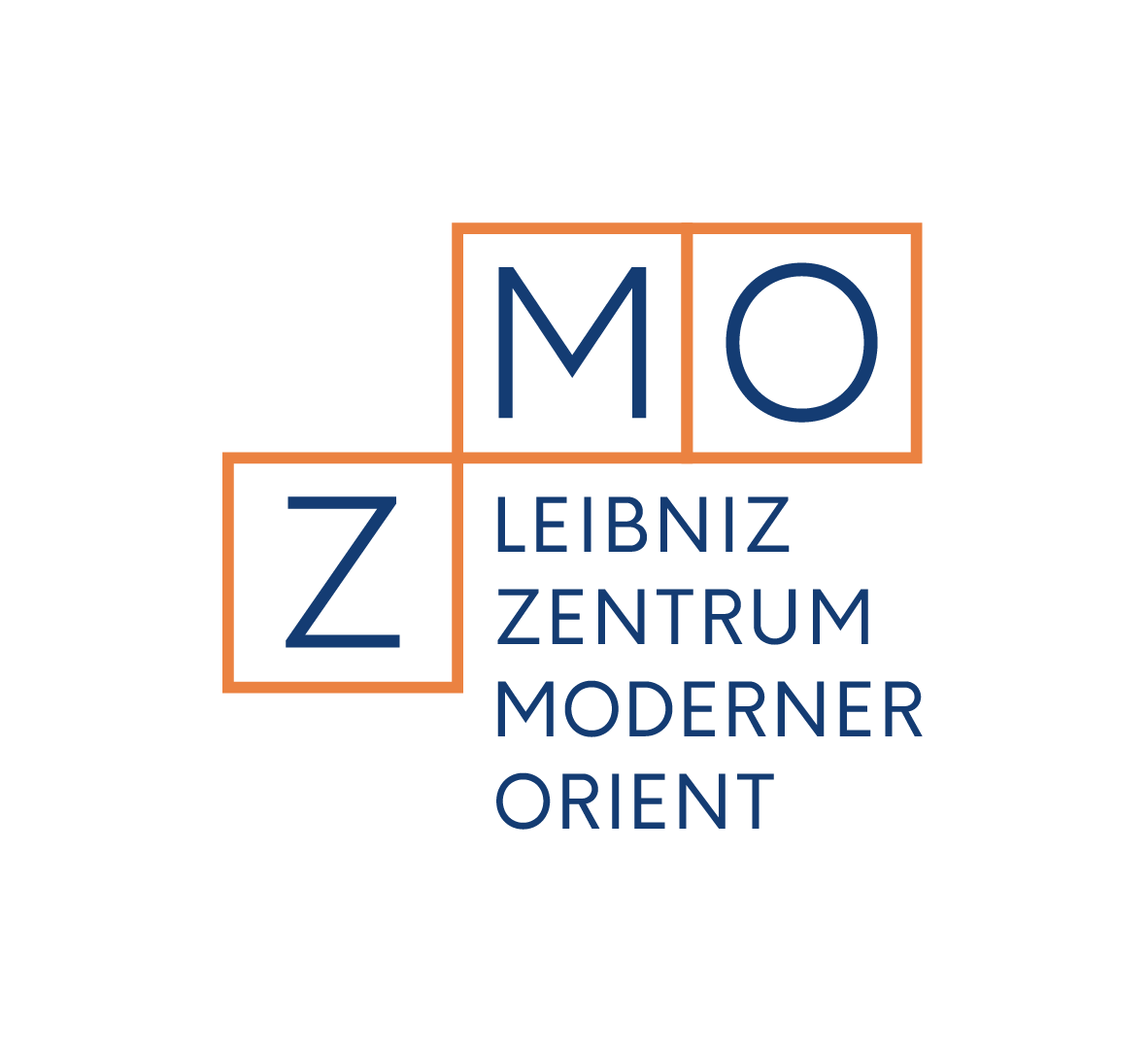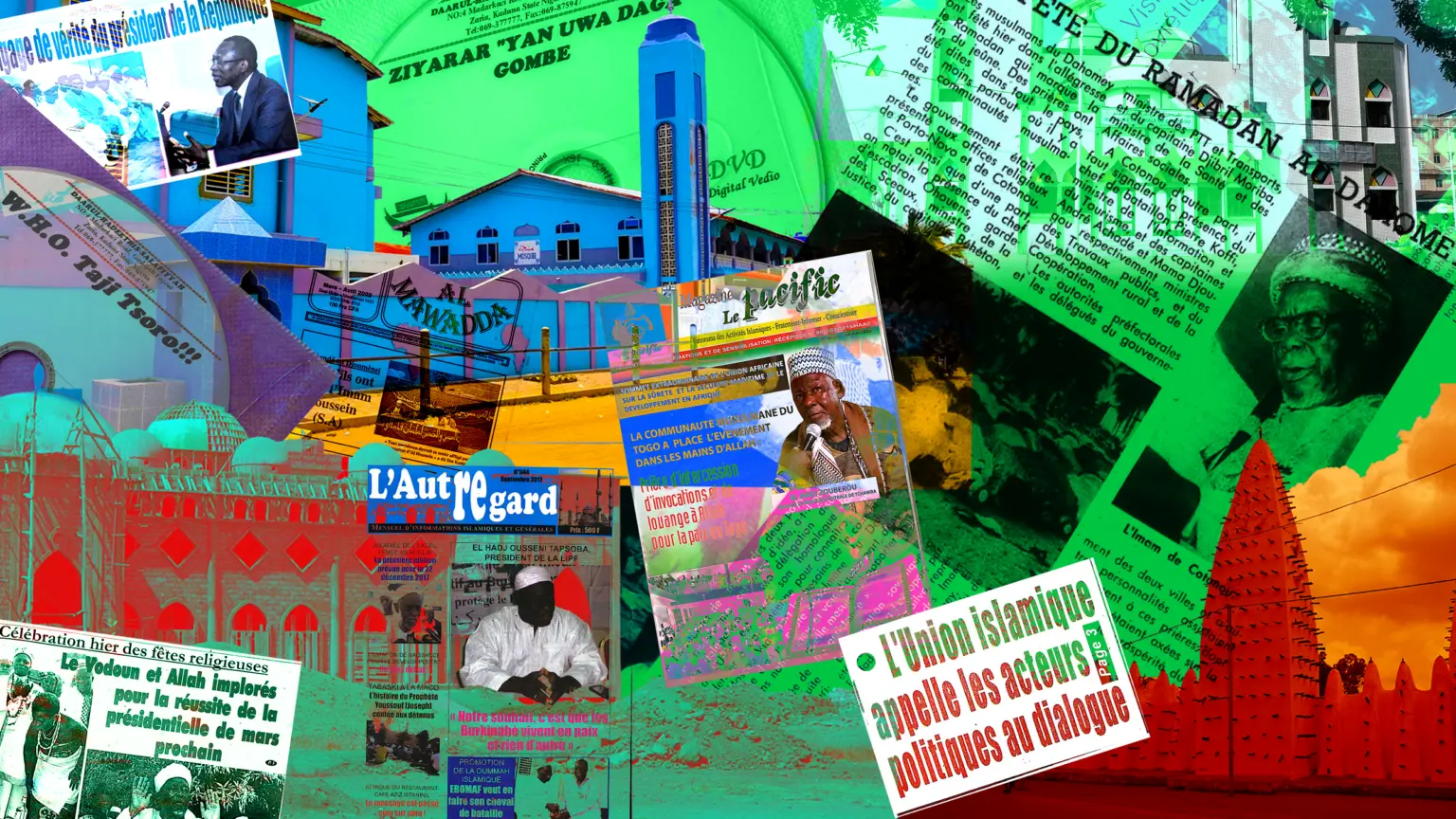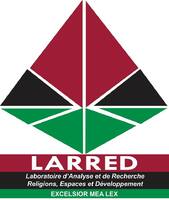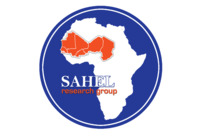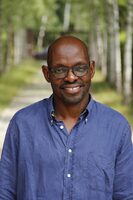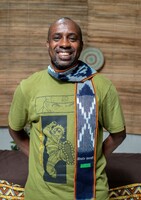About
History of the project
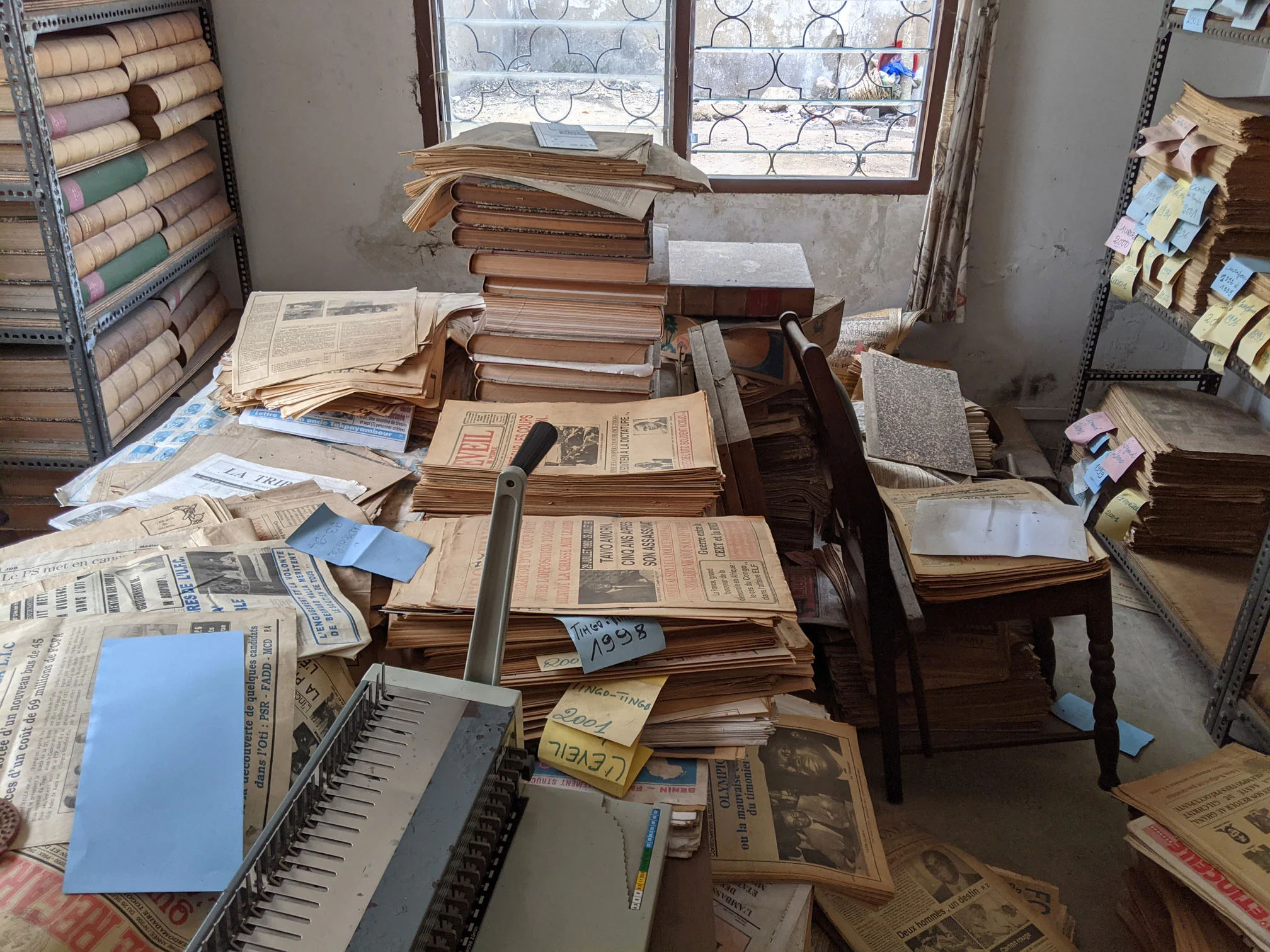

Since 2013, Frédérick Madore has conducted extensive fieldwork and archival research in West Africa, focusing on Islamic activism among youth and women in Burkina Faso and Côte d'Ivoire, Muslim minorities in southern Benin and Togo, and the history of faith-based student organizations on the campuses of the Université d'Abomey-Calavi (Benin) and the Université de Lomé (Togo). As part of his doctoral and postdoctoral research, he digitised more than 9000 news clippings from 15 state and private newspapers about Islam and Muslims in Burkina Faso, Côte d'Ivoire, Benin, and Togo published between 1962 and 2023. He also scanned about 1400 different Islamic publications (pamphlets, bulletins, magazines, newspapers), most of which are no longer published. These documents were collected from various private collections of individuals and Islamic associations, as well as from nine archival centres and libraries in six different countries. These sources provide an excellent means of tracing the history of Muslim communities.
Despite the growing popularity of digital humanities, a very limited number of initiatives related to Islam in West Africa have attempted to mobilise digital tools to process and analyse data, but more importantly to facilitate the dissemination and sharing of knowledge. The idea of openly distributing and archiving a large part of his corpus of sources, so that these documents can be consulted by researchers from all over the world to conduct new studies on Islam in West Africa, has been strongly influenced by the digital humanities as well as the debates on open science.
In 2021, Frédérick Madore launched the Islam Burkina Faso Collection, an open access digital database containing over 3000 archival documents, newspaper articles, Islamic publications of various forms, photographs, audio recordings, and bibliographical references on Islam and Muslims in Burkina Faso. This project was one of the first digital humanities initiatives to be published under a new University of Florida Libraries programme, LibraryPress@UF. This programme, an imprint of the Libraries and the University of Florida Press, seeks to develop public scholarship across formats that extend and complement the work of traditional academic publishing. To learn more about this project, see Frédérick Madore, "La Collection Islam Burkina Faso : promesses et défis des humanités numériques", Revue d'Histoire Contemporaine de l'Afrique (2021).
Building on the foundations of the Islam Burkina Faso Collection, the current project, supported by the Leibniz-Zentrum Moderner Orient (ZMO) in Germany, aims to create a larger digital database on Islam in West Africa with additional material on Benin, Côte d'Ivoire, Niger, Nigeria, and Togo.
Linked Open Data (LOD) and Semantic Web
The database follows the principles of Linked Open Data (LOD) for publishing structured and interoperable machine-readable data on the semantic web. Wikidata Q identifiers have been used as URIs (Uniform Resource Identifiers) for named entities such as people, organizations, locations, events and topics wherever possible, in order to distinguish between entities with the same name, and to combine pseudonyms and name variants for a single entity. To express the (hierarchical) relationship between the two entities, we used the Dublin Core metadata elements "Is Part Of", "Relation", "Replaces", and "Is Replaced By". See for example the entity Communauté Musulmane du Burkina Faso.
Project director

Frédérick Madore is a Research Fellow at ZMO. His research is comparative and explores the history of Islam and Muslim societies in Francophone West Africa from the 1950s to the present. He has conducted extensive fieldwork and archival research in Côte d'Ivoire, Burkina Faso, Benin, and Togo, focusing on Islamic activism among youth and women, their appropriation of (new) media, and Muslim politics. He is the author of the book La construction d’une sphère publique musulmane en Afrique de l'Ouest (Presses de l'Université Laval/Éditions Hermann, 2016).
Research assistants
The work of research assistants is identified by the Dublin Core term "Contributor", which indicates the person(s) responsible for publishing the resource online and identifying it.

Vincent Favier (2023)
Vincent Favier has processed over 1000 bibliographical references on Islam in Niger and Nigeria (to be uploaded shortly). The references, which include a wide variety of scholarly works, have been edited and standardised in order to optimise access to and use of the data. Wherever possible, additional information such as abstracts, keywords and PDFs have been added or updated. In parallel, he encoded and organised a large collection of Islamic sermons by Sheikh Albani Zaria, a prominent Nigerian Salafi scholar. Favier has also worked on adding metadata to a collection of Beninese newspapers (Daho-Express, Ehuzu and La Nation). Click here to see all his contributions to the database.
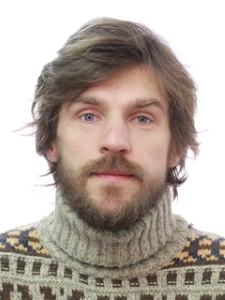
Aleksei Akseshin (2023)
Aleksei Akseshin has worked on the collection of Islamic sermons of Sheikh Albani Zaria in Hausa. He has written short summaries, added detailed metadata and inserted timestamps to mark important sections of the video recordings. Click here to see all his contributions to the database.
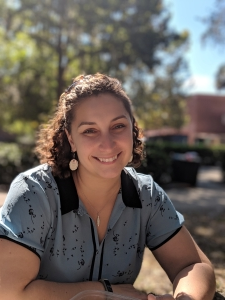
Andrée-Ann Brassard (2023)
Andrée-Ann Brassard has worked on the Fraternité Matin collection, which will be uploaded in the coming months. Click here to see all her contributions to the database.
Collaborators
Documents from other researchers' collections are identified by the Dublin Core term "Source".
Funding
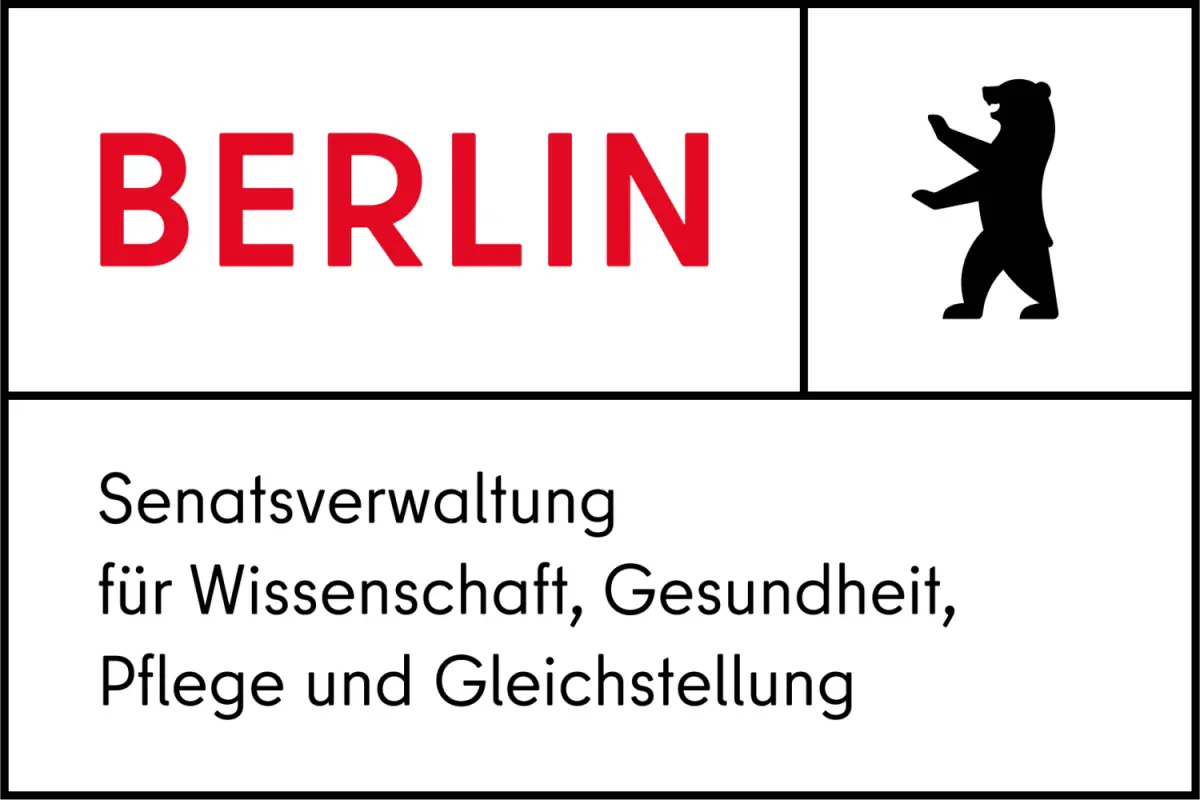
2023
In 2023, ZMO received funding from the Berlin Senate Department for Science, Health and Care (Senatsverwaltung für Wissenschaft, Gesundheit und Pflege) to improve ZMO's digital research infrastructure. Part of the grant was awarded to Frédérick Madore for the development of the Islam West Africa Collection.
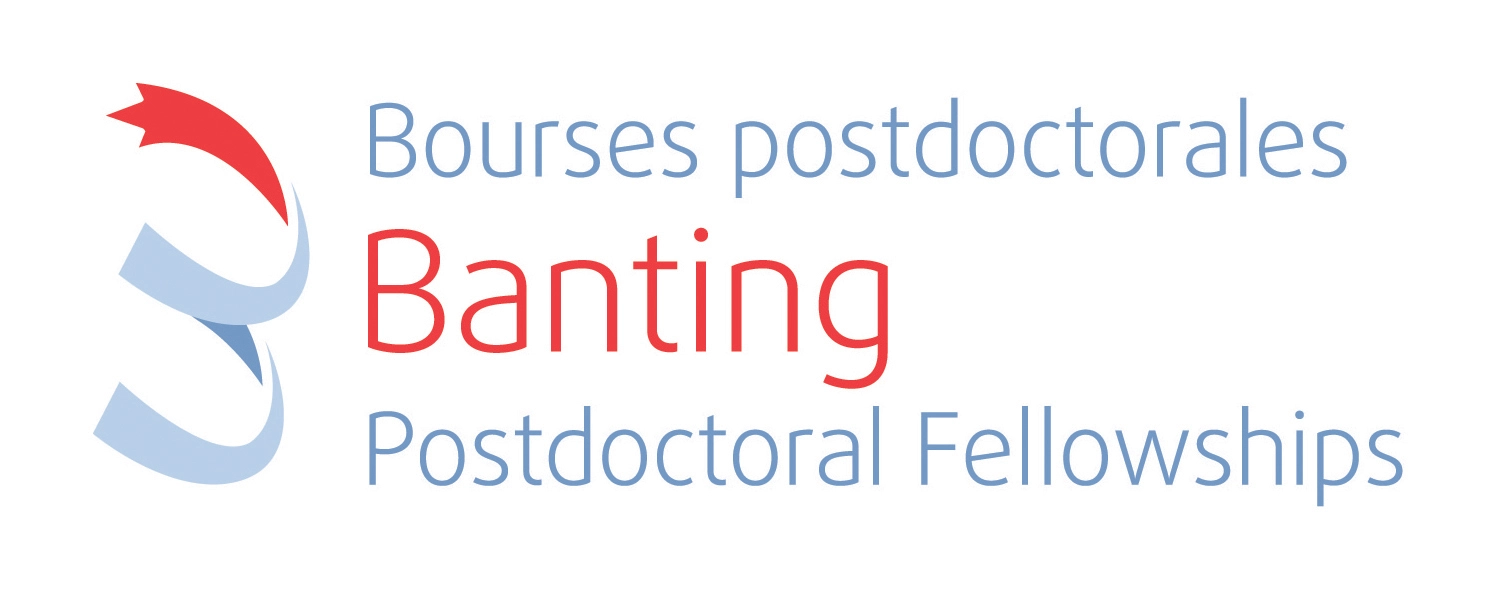
2018-20
The previous Islam Burkina Faso Collection was supported by the Banting Postdoctoral Fellowships Program of Canada, of which Frédérick Madore was a fellow.
Acknowledgments
This website would not have been possible without the help and support of several people. In particular, the project director would like to thank:
- Ulrike Freitag and Sonja Hegasy of the ZMO for their support;
- Dodji Amouzouvi (Université d'Abomey-Calavi);
- Michael Schutz for his technical assistance;
- Alisher Karabaev for his knowledge of open science;
- Yael Netzer for her training on Omeka S, the semantic web and linked open data;
- Aïssétou Sawadogo, Lassane Ouedraogo, Fiacre Anato, Farid Bah-Traoré, Koudbi Kaboré, Paul Amoussou and Samba Koné, who helped secure copyright permissions from various newspaper editors and Islamic associations;
- Tim Fedke for designing the website banner;
- Perry Collins for her invaluable help with the previous Islam Burkina Faso Collection;
- Leonardo A. Villalón, Daniel Reboussin and Tiffany Esteban for their contributions to earlier discussions on the project.
